藏在英语里的 "阶级秘密 ",一个词就能看出 "贵族 "和 "平民 "...
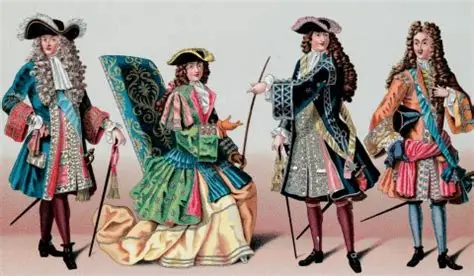

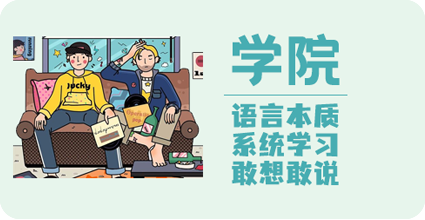
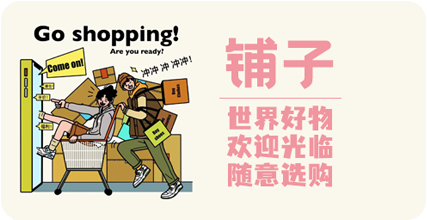

▲点击进入 相应板块
"French loanwords
in English"
PART TWO
△
点击播放音频
KEY WORDS
图片均来源于网络 | 侵删
加小助手VX【luluxjg2】领取全文逐字稿
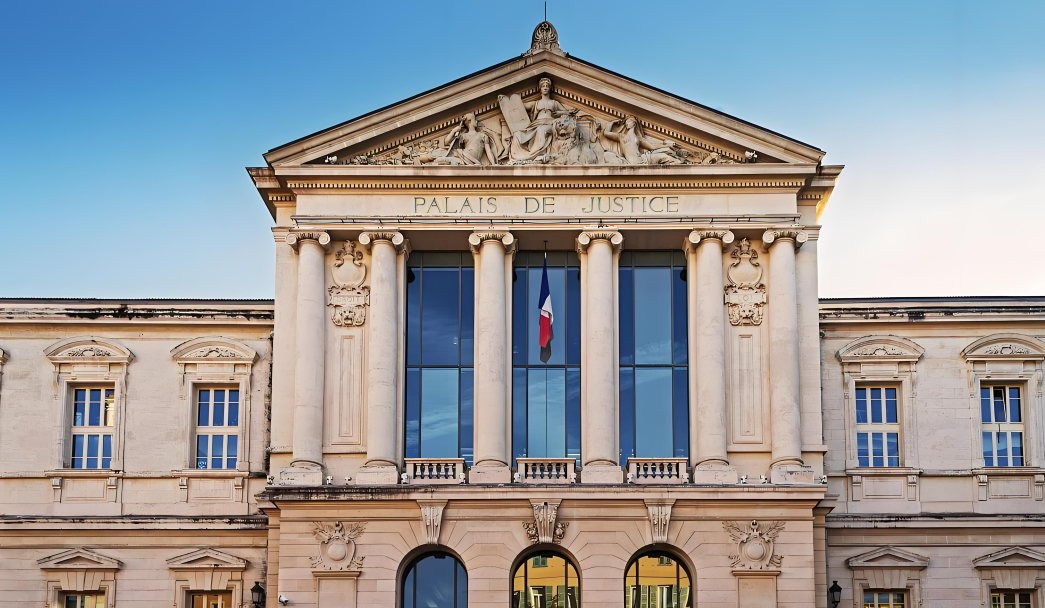

Common French Loanwords in English


Food and Drink:

Law and Government:
♦Court – A place where legal matters are decided.
♦Judge – A person who presides over legal cases.
♦Parliament – A legislative body of government.
♦Contract – A legal agreement.
♦Police – The body that enforces the law.
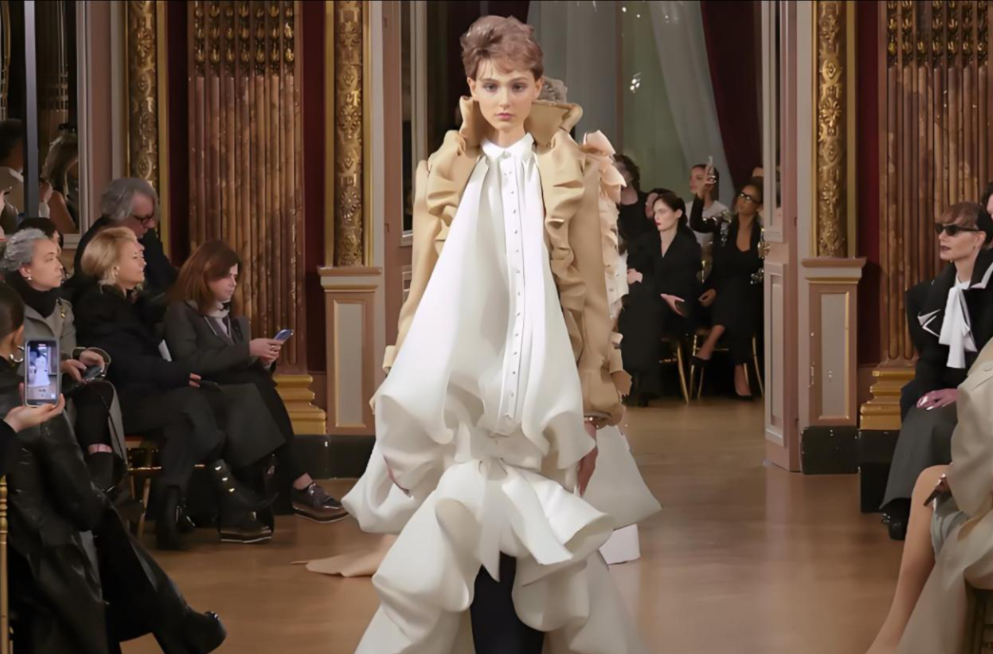

Fashion and Art:
♦Chic – Stylish, fashionable.
♦Boutique – A small, specialized shop.
♦Rendezvous – A meeting or appointment.
♦Finesse – Skillful handling of a situation.
♦Genre – A category of art, music, or literature.
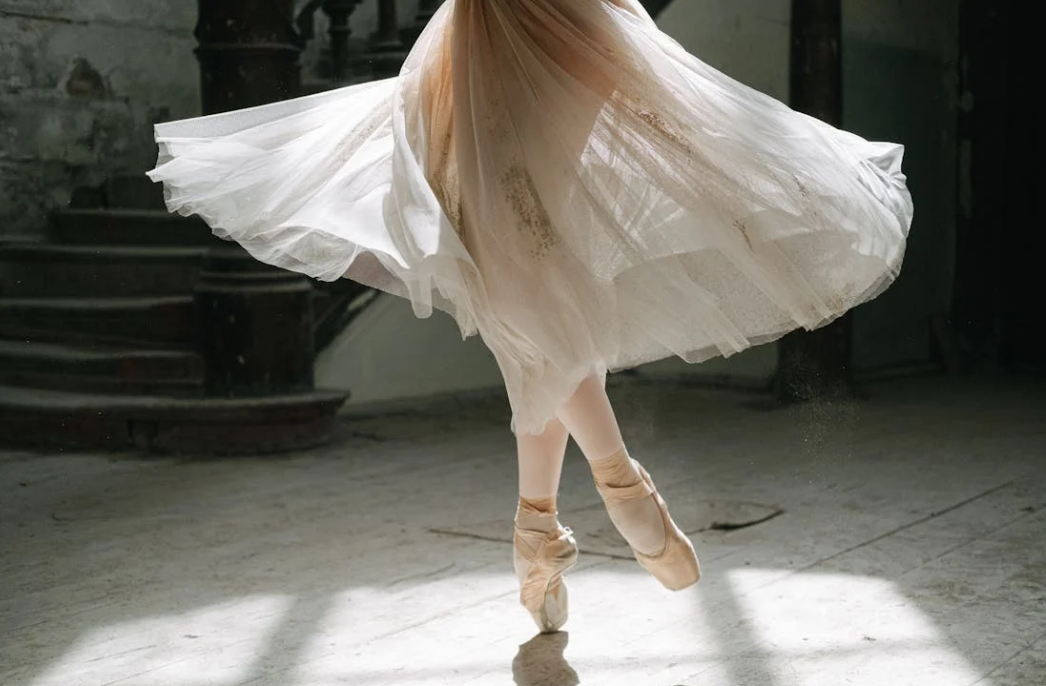

Everyday Use:
♦Ballet – A form of dance.
♦Fiancé / Fiancée – A person engaged to be married.
♦Déjà vu – The feeling that something has happened before.
♦Cliché – An overused phrase or idea.
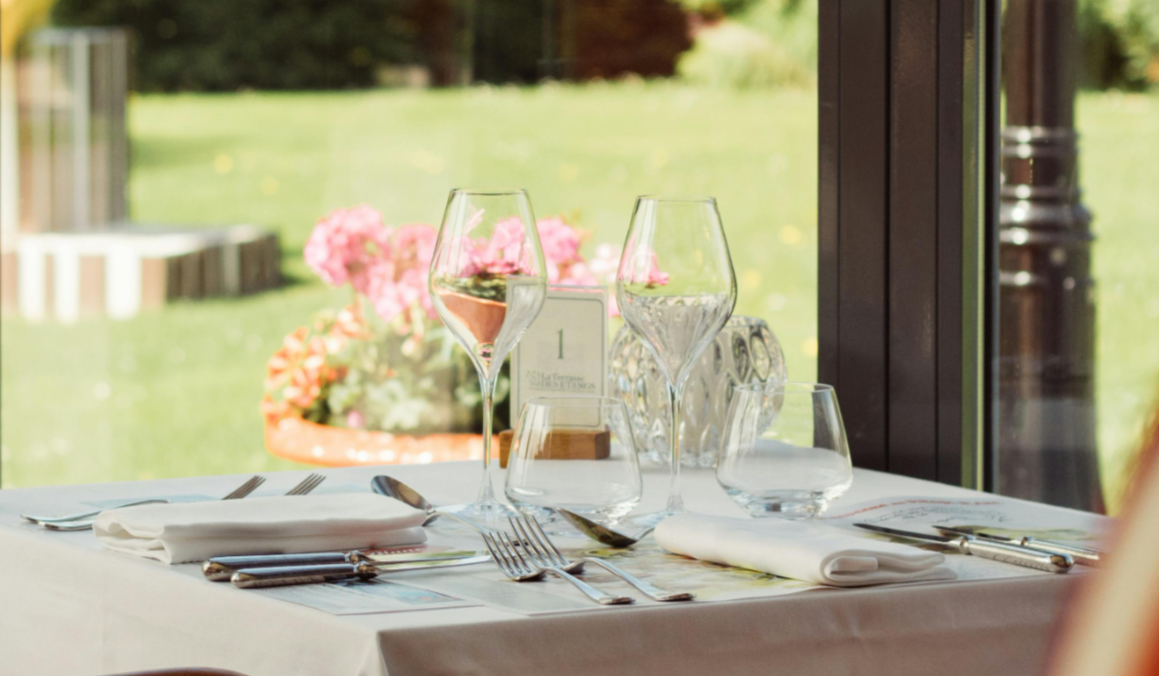

French Expressions
♦C'est la vie – “That's life.” Used to express acceptance of a situation, even if it’s unpleasant.
♦Bon appétit – “Enjoy your meal.” A phrase said to someone before they start eating.
♦Je ne sais quoi – “A certain something.” Refers to an indescribable quality that makes something special or attractive.
♦Faux pas – “A social mistake.” Refers to an embarrassing or tactless action in a social situation.
♦Déjà vu – “The feeling that you’ve experienced something before.” Describes the strange feeling of having already lived through a moment.
♦Carte blanche – “Complete freedom to act.” Means to have full authority or permission to do anything.

节目文稿全记录
#851

Hello again欢迎来到Happy Hour英文小酒馆。关注公众号璐璐的英文小酒馆,加入我们的酒馆社群,邂逅更精彩更广阔的世界
Hi, everyone, and welcome back to Happy Hour. Hi, 安澜.
Hi, Lulu, hi, everyone.
So as we said before, French was the language of law and government. So some of the most basic words related to government come from French, “Court”.
Really?
Court is a French word. Judge is a French word.
所以像什么法庭,法官都是法语.
Yes. Even the name of our government, parliament is a French word.
议会, parliament.
Parler, speaking. So basically a place for people to speak.
So court, judge, parliament. Now I understand why you were saying that basically French speakers dominated the ruling class.
Contract as well. That is a French word.
Like a business contract?
Like a business contract.
合同也是法语.
And police. The word police.
That is unexpected.
That is also a French word.
I'm just a bit confused. Then if these words signifying rules and governance, they all came from French. Then before that were you just a disorderly chaos?
No, they just use different words.
But then obviously they got replaced.
They got replaced by the French.
Because people who are in these positions, they were all French speakers.
Exactly. So in Anglo-Saxon, they use completely different words.
Okay. This is perhaps also why, if you remember our episodes on history of English, old English was influenced by German. Basically it is still a Germanic language. That's why modern day if you think about a lot of the words in German, they are far away from English. But those words in French, they're very close to English because the French speakers replace the original old English.
That's right.
And of course, apart from law and government, then fashion and art.
Yes. So with law and government, you notice that the pronunciations are very English, but when we go into fashion and art, then that's where we go back into French pronunciations. For example, chic.
Chic, it basically means trendy, right? trendy, fashionable, stylish. 就很时髦. We talk about Parisian chic.
Or we talk about a chic boutique.
Boutique is also a French word. When we talk about boutique. You said either as a noun or as an adjective, but it usually means small and specialized. 就有点小而美, 精品那种感觉, because you also talk about boutique companies.
Absolutely.
A boutique hotel.
So here you're thinking more like a shop that probably only sells like a few items of clothing, but they're very, very well made and very expensive.
Yeah, and they have a specific following. For example, I really prefer boutique hotels with their own fashion sense and style rather than these international chains.
Same here.
And of course, I constantly talk about this in my live stream, genre.
Yes. The category of art, music or literature, we say genre.
And of course, the famous performing art form, ballet. That's why it's not pronounced ballet. No, it's ballet.
Because it is a French word.
芭蕾舞.
But of course, French has also influenced many of the everyday words. For instance, when you get engaged, to be married, you have fiancee. Both of /fiˈɒnseɪ/ are pronounced the same, written differently.
Yeah, they are pronounced the same way, but written in a different way. fiancé with one e is male. fiancée with two es is female.
未婚夫未婚妻,fiancee, their pronunciation, they share the same pronunciation, just different spelling.
Recently I also mentioned this in my live stream a couple of times, cliche.
Yes. So it's a phrase or an idea that's used so many times that it's lost meaning, it doesn't mean anything anymore.
In addition to just words, there are also expressions and phrases that you hear a lot, although they are completely French, but English borrowed it and it pretty much becomes part of everyday expressions.
So probably the most famous one that you've all heard of, Bon appetit.
Bon appetit is when you order something in a restaurant and they bring the food and they say, Bon appetit,直译就是好胃口, good appetite, but you never say that in English, never say good appetite. You at the most would say enjoy your meal.
It just means enjoy your meal, but generally we still use the French term.
In English, people do use the French word, the Bon appetit. It's Bon appetit. There's no t in the end.
And also when things are a bit tough, when things are getting you down a little bit, you might say C'est la vie.
Do you know I've actually heard French people saying that? Once we run into like a real delay, a bizarre delay at a French train station, and I was going up to ask someone and saying, like does this happen often? what is wrong? And then a French fellow passenger said, C'est la vie, that's life.
That's life.
With a shrug, the most quintessential French expression, the stereotypical French expression. So if you run into things that you can't change, you can't control, and it's unpleasant in life. Shrug, 耸耸肩, 然后说 C'est la vie, that is life.
That's life.
And also obviously French is known for romance, so you can always describe someone as having Je ne sais quoi.
Je ne sais quoi, it literally means I don't know what.
Yes. A certain something, so this is used to describe a quality that you can't quite put your finger on. You don't know why, but it's something that is special or really attractive.
So for example, if I felt attracted to 安澜, but I don't know why, I have no idea...
You know why.
Then I can say I'm attracted to 安澜 because 安澜 has this Je ne sais quoi.
But you know why you're attracted to me.
No, as charity.
Shut up.
So that is a good example of a faux pas.
A faux pas, faux pas basically means did wrong or do not.
It's basically a social mistake. If you do something that's embarrassing or a bit tactless in a social situation, like, for example, you ask someone how old they are.
It's a social faux pas, but people who say faux pas sounds very pretentious.
So I can think of another expression. In this, I believe many people also are very familiar with this in Chinese. It's the feeling that you have experienced something before, even though this is a new place, but you feel like I've been here or I've done that. 这种既视感in French, it's called deja vu.
It's that feeling you've experienced on it before. So I get a feeling quite a lot. You feel like you've already lived through this certain moment before, you've already experienced this.
So in English, they just borrow the word or borrow the expression and say deja vu. This is deja vu for you. Like I feel like...
I've already seen.
I've been here, done that.
One more, Carte blanche.
So to give someone carte blanche means complete freedom to act. They can do anything they want. They have full authority. So for example, a boss might give an employee carte blanche. That means the employee can do whatever they think is right.
It literally means a white card, so you can write whatever rules and ideas on it. But 安澜 don't expect me to give you carte blanche to do whatever you want in the office.
I... then why, I don't ask.
So to finish off, I've got a bet for you.
Okay.
So I bet I can teach you 100 words of French in less than 30 seconds.
I don't believe that.
OK. Are you ready?
Sure.
All multi syllable words in English ended in tion are exactly the same as in French. They're all feminine gender, révolution, revolution, for example, there were over 100 of them. I've just taught you 100 words of French.
tion结尾的都是法语. 意思也都一样. They're not false friends.
They're not false friends and there are over 100 of them in French. Therefore, I've just taught you 100 words of French.
Cheeky, but okay, you get the idea.
Now I don't know how many of our listeners are actually French learners as well. I know some of you are. Leave us a comment in the comment section. What other French words you notice in English or put in request for whatever you want us to talk about on the show. We'll see you next time.
À bientôt
Bye.
Bye.
I didn't realize you're speaking French.
排版长图:Jer.ry
文稿校对:Dongnia & Jenny
图片来源:均来源于网络 | 侵删

星标 “璐璐的英文小酒馆”
听见更精彩的故事,遇见更广阔的世界






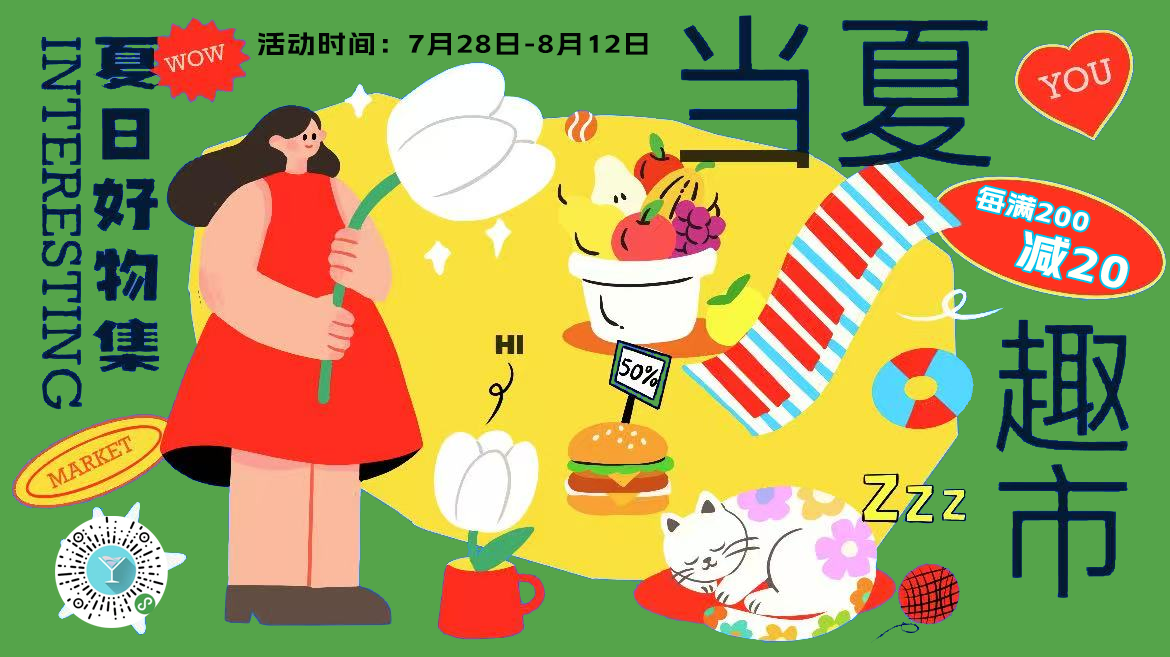
▲点击以上图片,Get世界精选好物













